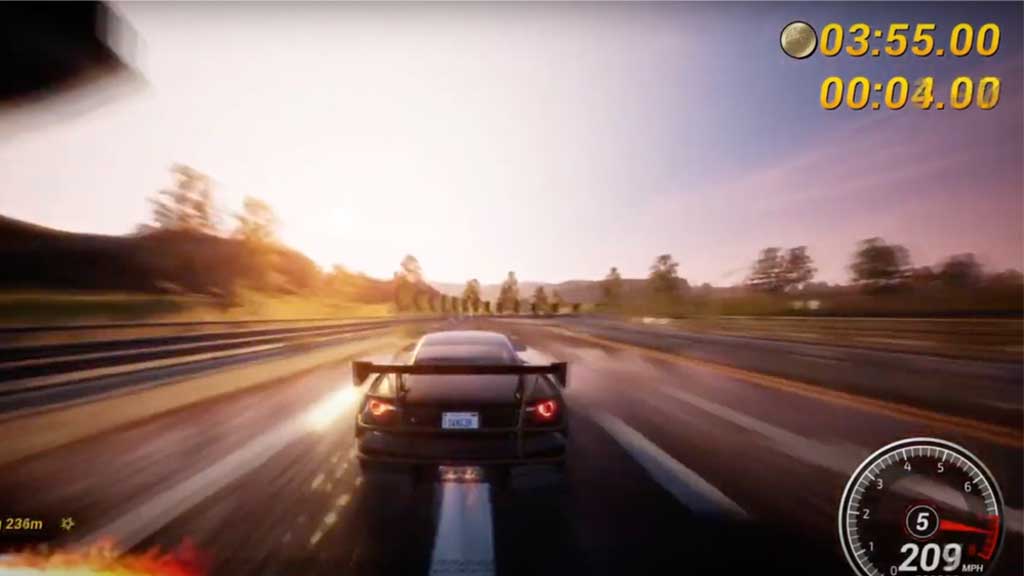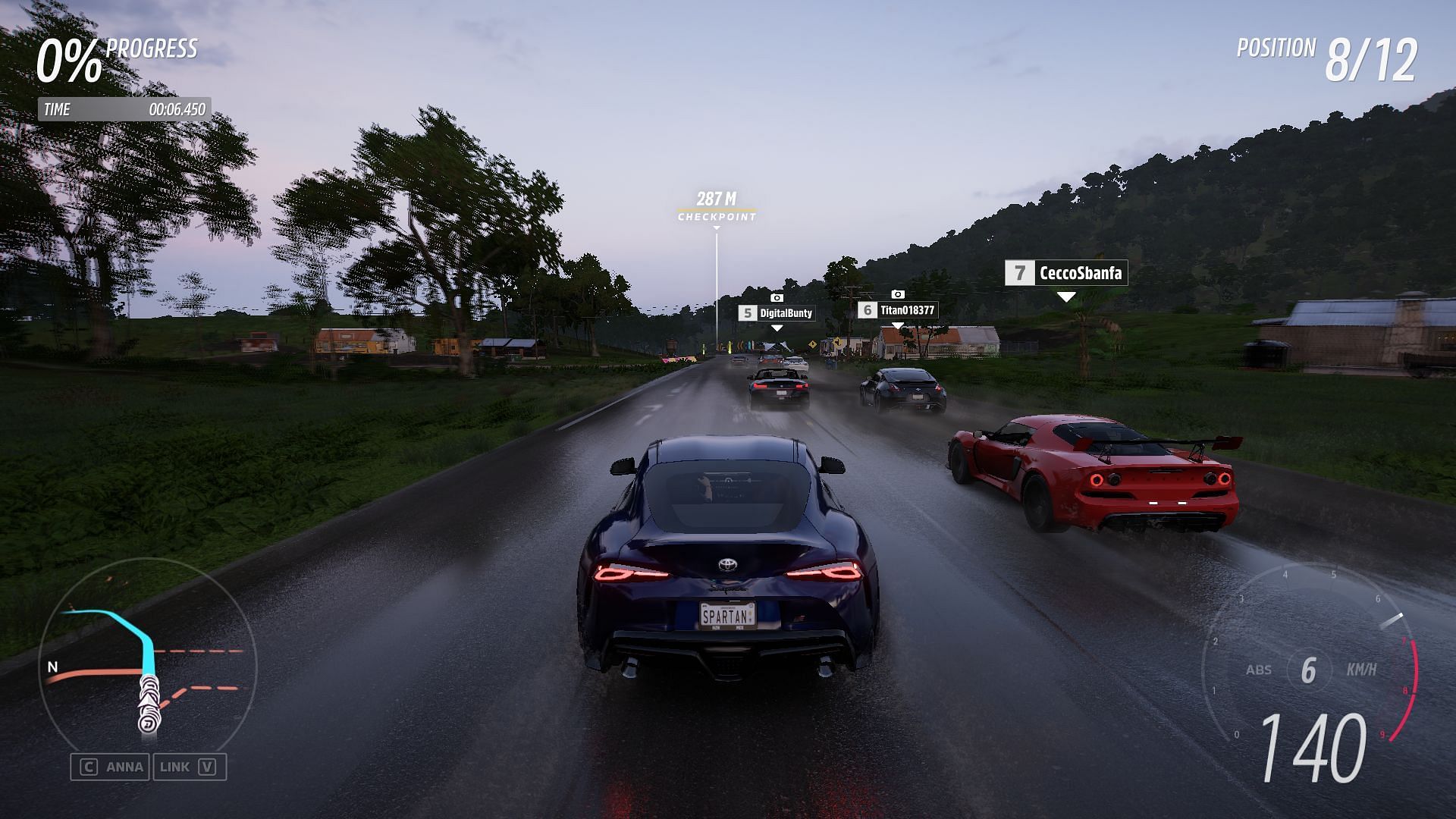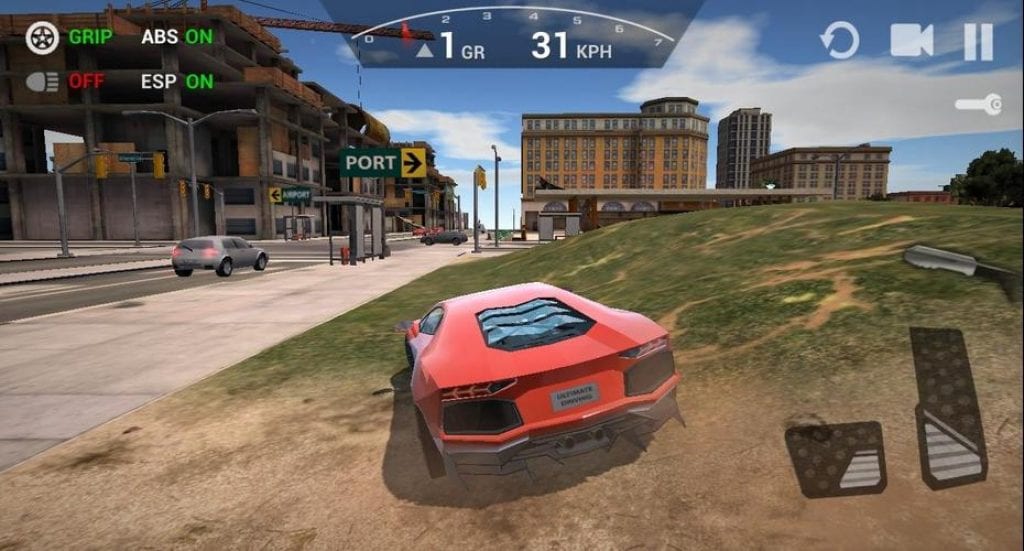The Enduring Appeal Of Car Games Without Dedicated Graphics Processing: A Comprehensive Exploration
The Enduring Appeal of Car Games Without Dedicated Graphics Processing: A Comprehensive Exploration
Related Articles: The Enduring Appeal of Car Games Without Dedicated Graphics Processing: A Comprehensive Exploration
Introduction
With enthusiasm, let’s navigate through the intriguing topic related to The Enduring Appeal of Car Games Without Dedicated Graphics Processing: A Comprehensive Exploration. Let’s weave interesting information and offer fresh perspectives to the readers.
Table of Content
The Enduring Appeal of Car Games Without Dedicated Graphics Processing: A Comprehensive Exploration

The realm of video games has undergone a dramatic evolution, driven by advancements in hardware and software. This progression has been particularly evident in the realm of racing and car simulation games, where the pursuit of realistic graphics and immersive gameplay has become a defining characteristic. However, a significant segment of the gaming community still finds immense enjoyment in car games that do not require dedicated graphics processing units (GPUs). This article delves into the reasons behind this enduring appeal, exploring the diverse aspects of car games without GPUs, their historical significance, and the unique experiences they offer.
The Significance of Car Games Without Dedicated Graphics Processing
The absence of a dedicated GPU does not automatically equate to a lack of visual appeal or engaging gameplay. Car games without GPUs have historically played a pivotal role in the evolution of the gaming industry, serving as accessible entry points for a broader audience. They have also fostered a unique niche within the genre, characterized by a focus on strategic gameplay, innovative mechanics, and a distinct aesthetic that prioritizes simplicity and elegance over photorealistic detail.
Understanding the Mechanics: Beyond the Pixels
Car games without GPUs often prioritize gameplay elements that transcend the limitations of their visual capabilities. These games excel in areas such as:
- Strategic Gameplay: They often emphasize strategic decision-making, emphasizing factors like track design, vehicle customization, and race tactics. Players need to carefully analyze the course, anticipate opponents’ moves, and adapt their driving strategies accordingly.
- Simplified Mechanics: The absence of complex physics simulations allows for streamlined controls and intuitive gameplay. This simplicity can be particularly appealing to new players and those seeking a more relaxed gaming experience.
- Innovative Mechanics: Many games in this category have introduced unique gameplay mechanics that are not reliant on advanced graphics. Examples include arcade-style racing games with imaginative power-ups, abstract racing concepts that prioritize speed and rhythm, and puzzle-based racing games that focus on strategic route planning.
Historical Context: The Dawn of Car Games
The early days of gaming witnessed the emergence of car games that were developed without the benefit of dedicated GPUs. These games, often running on rudimentary hardware, laid the foundation for the genre’s evolution.
- Early Arcade Classics: Games like "Pole Position" (1982) and "Out Run" (1986) captured the imagination of players with their fast-paced action and simple yet compelling gameplay. These arcade titles, despite their limited graphics, provided a taste of the thrill and excitement of racing.
- The Rise of Home Consoles: The transition to home consoles saw the development of titles like "Super Mario Kart" (1992) and "Gran Turismo" (1997). These games, while offering more sophisticated graphics than their arcade predecessors, still demonstrated that engaging car games could be created without relying heavily on GPUs.
The Enduring Appeal: Beyond the Visuals
The enduring popularity of car games without GPUs can be attributed to a number of factors:
- Accessibility: These games are often available on a wider range of platforms and devices, making them accessible to a broader audience. This inclusivity allows players with varying hardware capabilities to experience the thrill of racing.
- Nostalgia: For many gamers, these games evoke a sense of nostalgia, transporting them back to a simpler time when gaming was less about photorealistic graphics and more about pure enjoyment.
- Unique Gameplay: The focus on strategic gameplay, innovative mechanics, and simplified controls creates a distinct gaming experience that caters to a specific audience.
Frequently Asked Questions (FAQs) about Car Games Without Dedicated Graphics Processing
Q: Are car games without GPUs visually inferior?
A: While these games may not boast the same level of visual fidelity as their GPU-powered counterparts, they often employ a distinct art style that prioritizes clarity, simplicity, and a sense of charm. Many players find these aesthetics to be appealing in their own right.
Q: Do car games without GPUs offer a competitive experience?
A: Absolutely. Many games in this category offer competitive multiplayer modes, allowing players to test their skills against each other. The focus on strategic gameplay and skill-based mechanics often creates a level playing field, regardless of hardware limitations.
Q: Are car games without GPUs suitable for casual players?
A: Yes, these games are often designed with accessibility in mind, making them ideal for casual players seeking a relaxed and enjoyable gaming experience. The streamlined controls and intuitive gameplay allow players to jump in and start racing without extensive setup or learning curves.
Tips for Enjoying Car Games Without Dedicated Graphics Processing
- Embrace the Simplicity: Focus on the core gameplay mechanics and appreciate the unique aesthetics of these games.
- Explore Different Genres: Experiment with various subgenres within the car game category, such as arcade racers, puzzle racers, and simulation games.
- Seek Out Indie Developers: Many independent developers create innovative and engaging car games that focus on gameplay over graphics.
Conclusion: A Lasting Legacy
Car games without dedicated graphics processing continue to hold a significant place in the gaming landscape. While they may not offer the same level of visual realism as their GPU-powered counterparts, they provide a unique and engaging experience that emphasizes strategic gameplay, innovative mechanics, and a distinct aesthetic. These games demonstrate that the joy of racing transcends technological limitations, offering a lasting legacy of fun and excitement for players of all skill levels.

_45.jpg)






Closure
Thus, we hope this article has provided valuable insights into The Enduring Appeal of Car Games Without Dedicated Graphics Processing: A Comprehensive Exploration. We thank you for taking the time to read this article. See you in our next article!